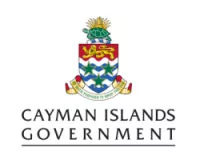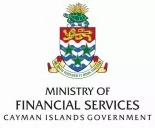- with readers working within the Banking & Credit industries
George Town, Grand Cayman– In May Dr. David Bass, professor and aquatic invertebrate ecologist from the University of Central Oklahoma was back on his annual visit to Grand Cayman. Since 2010, Dr. Bass has visited the island annually and has made 120 collections on sites across the three islands. This year he and the Terrestrial Research Unit of the Department of Environment sampled Blue Hole cave (in West Bay), Vetner's Cistern (in East End), and Kary's Pond and the Buttonwood Swamp in the Queen Elizabeth II Botanic Park.
Dr. Bass explains that the "freshwater macro-invertebrate fauna in the Cayman Islands is generally sparse, probably due to their oceanic origin, their [the Islands'] small sizes, limited freshwater habitats, natural and human disturbances, and challenges colonizing such habitats". Nevertheless, 94 fresh/brackish water species have been identified, most of them from Grand Cayman. The most interesting addition to the species list is probably the endemic cave amphipod, Bahadzia caymanensis, which was first collected by Dr. Bass in May 2012 but took a while to be confirmed as its own species. It is still possible that the number of species may increase slightly as David gets back to the lab to sort and identify the samples from these most recent collections.
Environment Break caught up with Dr. Bass and the DoE by Kary's Pond at the Botanic Park and the episode (June 9th) can be watched online at CITN's Environment Break page (http://www.cayman27.com.ky/section/daybreak/environment-break). For more information on Dr. Bass' work and Cayman's freshwater invertebrates check out Flicker, the bimonthly bulletin of the Department of Environment's Terrestrial Resources Unit; http://www.doe.ky/wp-content/uploads/2014/06/Flicker-14.pdf

Scientists examining pond detritus for cryptic invertebrates at Kary's pond in the Queen Elizabeth II Botanic Park.
The content of this article is intended to provide a general guide to the subject matter. Specialist advice should be sought about your specific circumstances.


